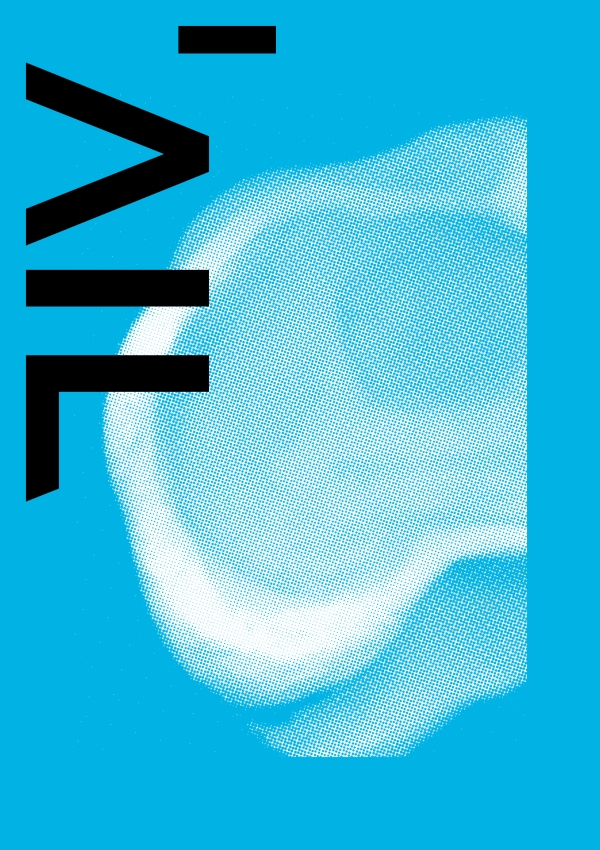Sonophagia – Eating Sound
Angewandte
Interdisciplinary Lab
This lecture is part of Vienna Art Week and Leonardo Art&Science Evening Rendezvouz
(LASER)
Artists and researchers will present short contributions on a diverse range of topics related to sonophagia:
The concept of Sonophagia, or Sound Cannibalism, draws from sound studies, cultural theory, and postcolonial aesthetics. Sonophagia
originates from ‘antropofagia’ in Brazilian modernism, where a total and radical engagement with other cultures – consuming,
absorbing, and assimilating them – creates new forms of resistance and identity formation. Inspired by Oswald de Andrade’s
Anthropophagic Manifesto, Sonophagia applies similar principles to auditory practices.
Sonophagia can be understood as ‘sonic ingestion’, where sounds, voices, and auditory practices are consumed, transformed,
and re-contextualized to subvert dominant narratives, particularly in a postcolonial context. More broadly, sonophagy explores
the speculative reciprocity of the (spiritual, political, physical) representation of one medium within another.
Sonophagia emanates from indigenous Amazonian cosmologies, where the states of the Other – both prey and predator
– are consumed in order to assimilate the signs of their alterity. In these cosmologies, singing or speaking is
understood as a practice akin to killing, both of which serve to become the Other. The singer or speaker perceives
themselves as a subject at the moment they declare their uniqueness by hearing their own voice through the voice of
the Other, thereby de-hierarchizing difference. The term that aligns with the Other, or the enemy, is ‘future
music’.
Sonophagia extends beyond sound to include words, things, bodies, and non-humans. It is found
in the devouring of animal and corporeal sounds by humans for poetic purposes, aiming to undermine the alphabetical and capitalist
order. Sonophagia also explores how certain human sound frequencies are consumed by non-humans for their growth, and how language
parasites – both literally and metaphorically – bring about humans being ‘spoken’.
Can we imagine a futuristic,
parasitic being that preys on speech and sound vibrations, including the sounds of battle, screams, and environmental noise,
thriving on them as a energy source?
Such disruptions of referentiality lead to a biological, poetic, sonic, and linguistic
entanglement in which postanthropocentric interests become audible.
With: Jens Hauser (BioMedia, Moderator),
Melanie Strasser (Tupi or not Tupi), Ana María Ochoa (Acoustic Multinaturalism), Matthias Lewy (Indigenous Sonorism), Sean
Braune (Language Parasites), Tristam Vivian Adams (Vocal Capitalism), Theresa Schubert (mEat Me), Svenja Kratz (Bone Breath),
and Klaus Spiess & Emanuel Gollob (Eating Caruso)
LASER Talks are a collaborative Art&Science
lecture format with Leonardo MIT Press, associated with 40 universities globally. The Vienna LASER is currently hosted by
the Medical University in partnership with the Department of Media Theory, University of Applied Arts.
Leonardo/ISAST
LASER Talks is a program of international gatherings that bring artists, scientists, humanists and technologists together
for informal presentations, performances and conversations with the wider public. The mission of LASER is to encourage contribution
to the cultural environment of a region by fostering interdisciplinary dialogue and opportunities for community building to
over 50 cities and 5 continents worldwide.
More About the LASER
(Leonardo Art & Science Evening Rendevouz) Series
Funded by PEEK AR 687 Semiotic Sympoiesis for the Posthuman
Commons and the Angewandte Interdisciplinary Laboratory
Angewandte Interdisciplinary Lab (AIL) is an experimental
space and a platform for projects at the intersection of art, science and artistic research, run by the University of Applied
Arts Vienna. AIL is located in the Otto Wagner-Postsparkasse and home of Café Exchange (Free entry)




